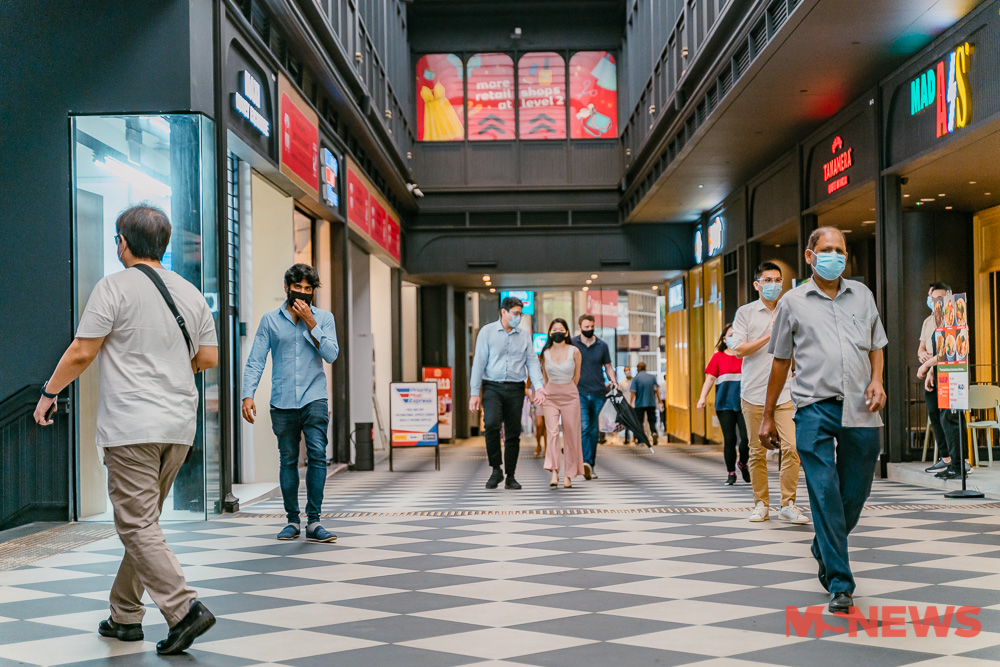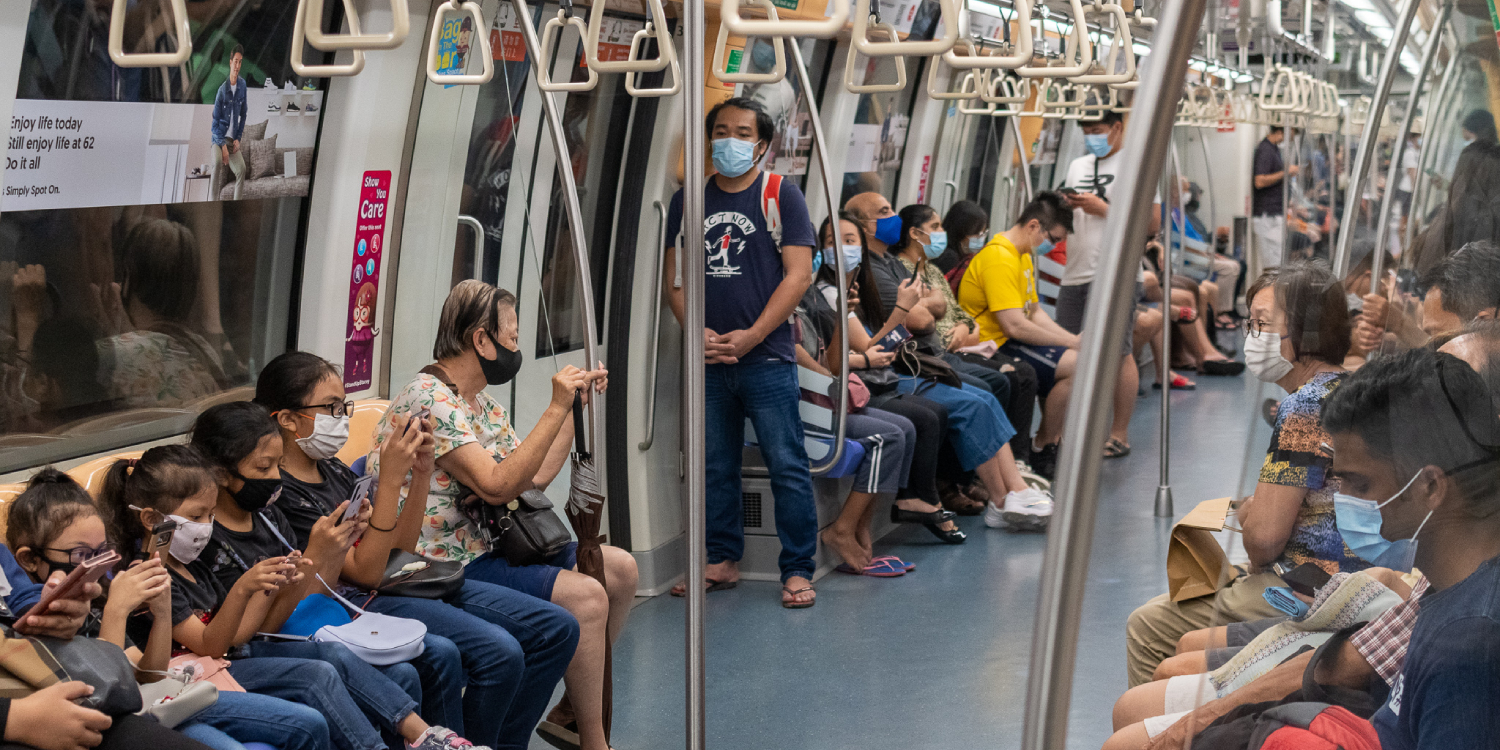Virus Mutations Means Herd Immunity From Covid-19 Is Not Likely, Says Ong Ye Kung
As more Omicron mutations spread in communities globally, more Singapore residents will have been infected with Covid-19 at some point during the pandemic.
But despite hopes that there will be herd immunity once enough of the population has caught Covid-19, the ever-mutating traits of the virus means that may not be a possibility, Health Minister Ong Ye Kung said in Parliament on Monday (1 Aug).
“On record, we have about 1.7 million reported cases — about 30% of the population,” Mr Ong said.
Based on blood samples from routine polyclinic cases, MOH believes that about 60% of the population has had Covid-19.

“Notwithstanding, this does not confer us herd immunity. By and large, scientists do not think herd immunity is achievable,” he added.
The virus has been muted several times over the pandemic, infecting people even though they are vaccinated. But this does not mean vaccines are useless, as they still offer protection against severe illness.
Reinfection rate is about 3% for those infected four to seven months ago
Some people may be reinfected as well, within three months after their first infection, although Mr Ong said this is “very rare”.
As for those infected four to seven months ago, the probability is about three per cent compared to an uninfected person.
The Delta variant does not confer as much protection against future Covid-19 variants. Those infected with the Delta variant last year have a 20% chance compared to an uninfected person of getting another infection.
Currently, MOH only counts a patient once if they have been reinfected. However, Mr Ong said this would change since there are more reinfections.
It will be a more accurate reflection of the pandemic situation.
The new reporting to include infection episodes will begin today, said Mr Ong.
No herd immunity, so be braced for cases
The current stance is to lower infection rates, but not eradicate them, since mutations continue to occur quickly. It’s a spanner in the plans for herd immunity, but thankfully, severe cases have lessened since the start of the pandemic.
As long as hospitalisation rates remain manageable, Singapore should remain resilient against Covid-19.
Even still, we should always take precautions such as washing hands and wearing masks indoors whenever possible.
Have news you must share? Get in touch with us via email at news@mustsharenews.com.
Featured image by MS News.








